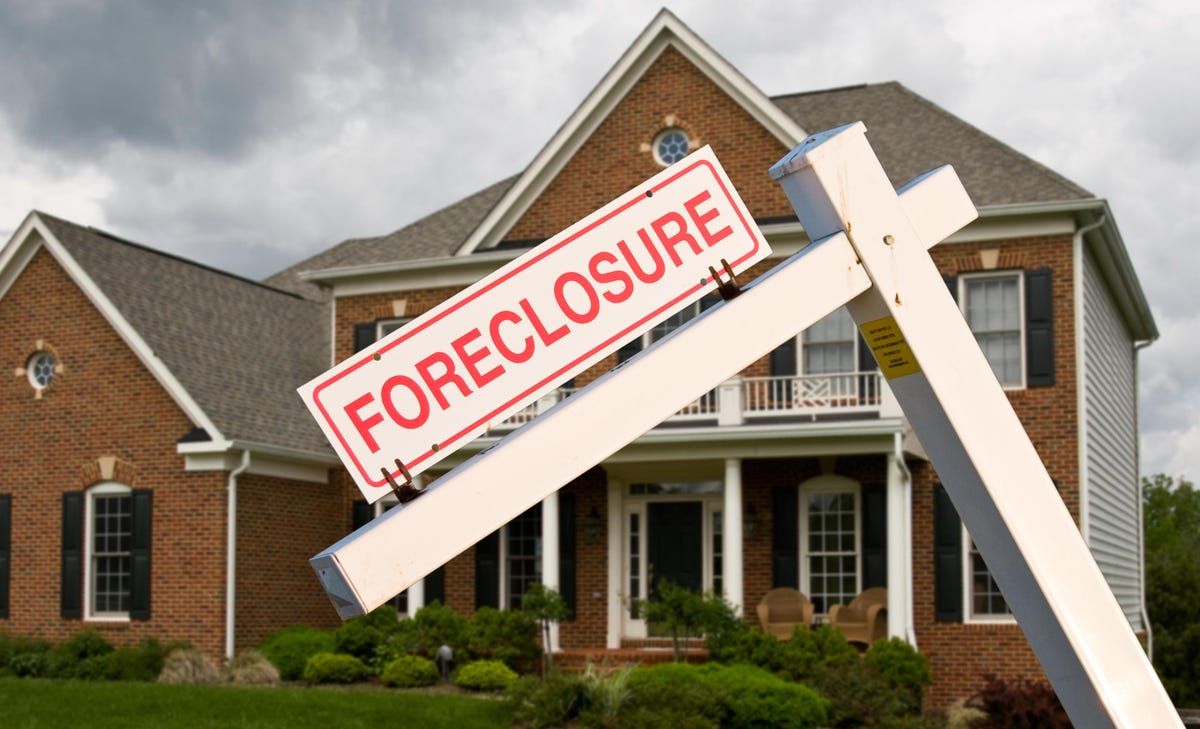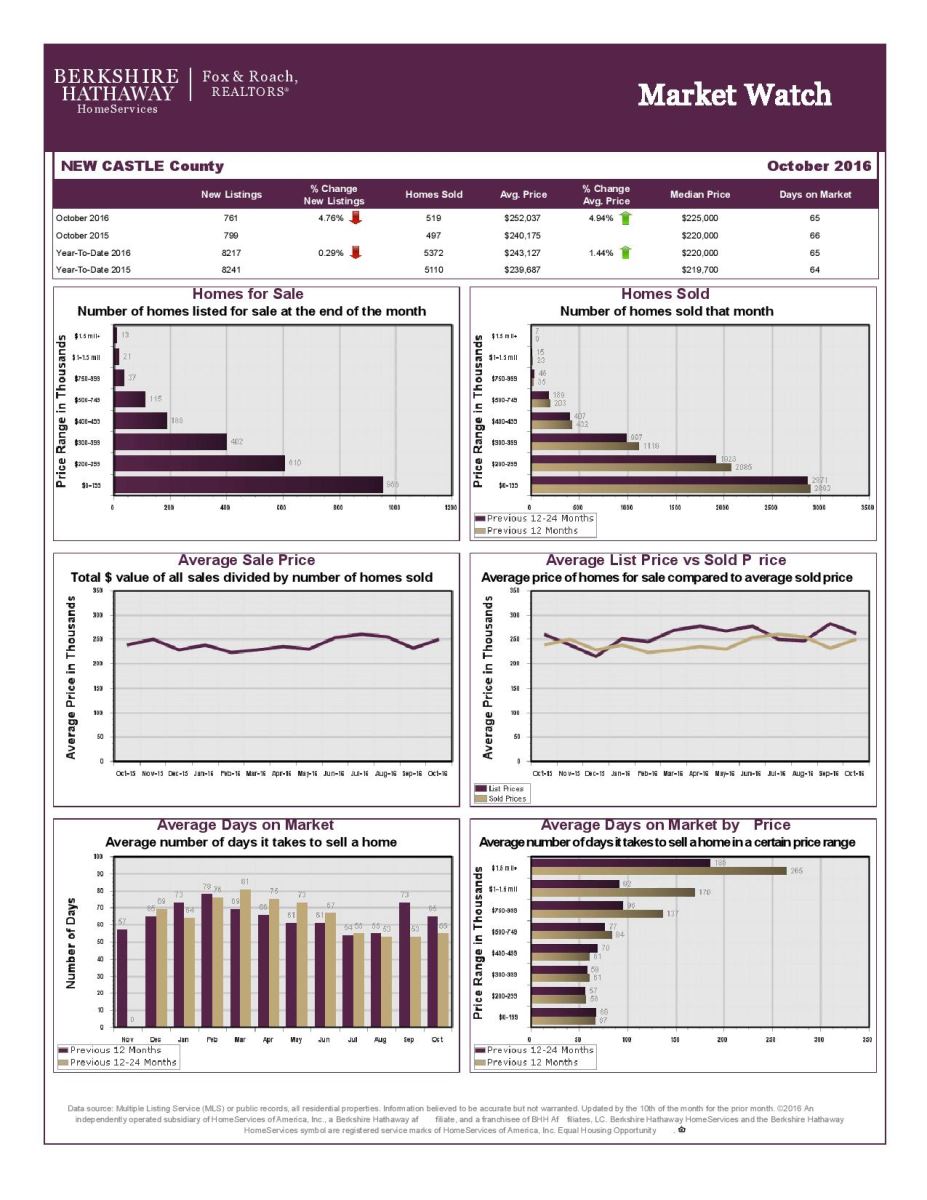First Time Homebuyers Mortgage-Related Junk Mail

The stress and excitement of buying your first home has subsided, the boxes are unpacked, and your mail is being forwarded to your new address–the house is yours! So why are you getting mail regarding your new home purchase? Our guide will help you discern between what is relevant, and what you should toss:
-
Why are you even getting all these unsolicited offers? Your home purchase is public record. All sorts of house- and mortgage-related “companies” are combing through those records daily, obtaining your information as soon as the deed is filed.
-
Many of these offers come with your lender’s logo or name in bold print. Comparing contact information on paperwork you already have will help discern if it is a legitimate offer from your mortgage lender.
-
Life insurance offers come in droves after purchasing a home, and you are the only one who can decide on what insurance company you choose. Contacting a reputable insurance agent in your local area is probably your best choice.
-
Mortgage protection insurance (MPI) offers are sent to you as well. Such insurance sounds great, as it will pay off your loan in case of death. However, while your loan amount decreases, your MPI premium stays the same, so it would be a better financial decision to have a life insurance policy that is large enough to pay off your mortgage and take care of any other expenses.
-
Many home warranty offers will inundate your mailbox as well. Do a little homework if you are interested, and your buyer agent can probably recommend a few companies.
-
Do not just toss or shred anything you suspect may not be legitimate. Read the entire mail contents, look for spelling errors, generic information, and disclaimers–read everything, especially the fine print. Call your lender if you are not sure about something that looks official.
-
If the former homeowner continues to receive mail at their old address, mark it “Return to Sender,” place it back in the mailbox, and allow the USPS or the company sending the mail to locate the former residents address.
One great and secure tool you can use to stop receiving anything related to your finances (refinancing offers, credit cards, etc.), is OptOutPreScreen.com. A joint effort of credit companies Equifax, Experian, Innovis, and TransUnion, this site is free to sign up for five years or permanently.

.jpg)












